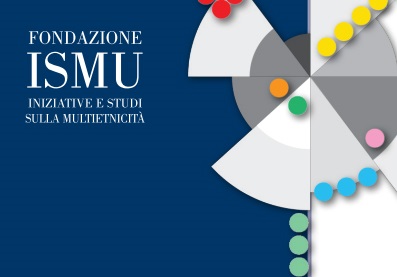Knowledge for Integration Governance, Evidence on migrants’ integration in Europe
Published:
The report published by ISMU (Iniziative e Studi sulla Multietnicità) argues that economic growth in the European Union depends on migration from third states. Due to demographic developments – the ageing population - the labour market depends on workforce from non-European countries. From this perspective, integration strategies are analysed, the results show, among other things, that the skills from many migrants are not sufficiently valued. The reasons for this are diverse – from misguided policies to the raising xenophobia in Europe – migrants are often not given any opportunity.
ETUCE supports these results and highlights that equal opportunities in education are important for young migrants. The European education sector and especially teachers should be supported in giving all students and pupils the same opportunities to learn and to participate at the labour market.
The global aspect of migration should also be considered. In the ETUC action plan on migration it is stated that "the search for qualified workers in third-countries should not deprive the labour market in those countries of the skills and competences they have invested in." European states should consider migration not only as an economic advantage but as a humanitarian obligation. Therefore they should revise the austerity measures in the public sector which are affecting the education sector and "undermining human rights and exposing more migrants to deliberate discrimination."
To read the report click here.